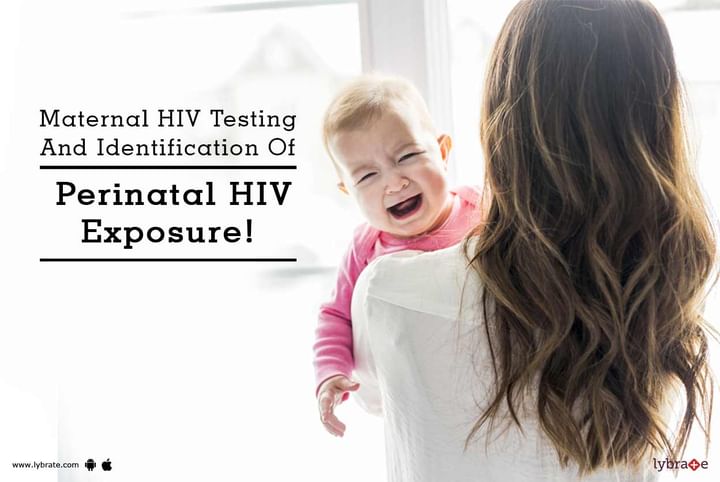Maternal HIV Testing And Identification Of Perinatal HIV Exposure!
HIV testing in pregnancy should be done early so as standard care can be taken for the pregnant women.This HIV testing must be repeated in the third trimester, usually before 36 weeks of gestation. This should be done in women with HIV-seronegative and also in pregnant women who are at a high risk of developing HIV infection.
Expedited HIV tests should be performed at the time of delivery and labor and this is a must in women who have not been documented for HIV. The results of the test should be available in one hour of the test and the testing should be available 24 hours. In case the results are positive then, infant postnatal antiretroviral and intrapartum drug prophylaxis should be started immediately.
Women who have not been able to be tested for HIV at the time of labor and delivery are suggested expedited screening for HIV. Their screening can be done immediately postpartum or their babies should undergo screening. In case the infant and mother, both are positive, then infant antiretroviral drug prophylaxis should be started immediately. These mothers should avoid breastfeeding their babies, until the supplemental HIV tests are negative. In infants with positive HIV, prophylaxis should be discontinued and antiretroviral drug therapy should be started.
In case of acute HIV infection during pregnancy, that is in the intrapartum period, or during breast feeding, initial testing can be performed with an antigen/antibody combination immunoassay. If the supplemental test is negative, then an additional test which is the virologic test (DNA, RNA) are necessary for the diagnosis of the HIV infection.
If the mother is HIV positive then this information must be documented in the infant's medical record and also communicated to the infants care provider.
The knowledge of an antenatal maternal HIV infection allows the:
- Women with HIV infection to get the correct antiretroviral therapy along with prophylaxis for the infections which might occur due to the immunocompromised state of the body. This also prevents and decreases the risk of transmission to their partners.
- When there is provision for antiretroviral therapy for the mother during pregnancy and labor along with antiretroviral drug prophylaxis for the baby there is less risk of perinatal transmission of the HIV.
- The HIV infected women should be counseled for a cesarean delivery. The option of an elective cesarean reduces the perinatal transmission of the HIV.
- The HIV women should be counseled about the risk of breastfeeding



+1.svg)
